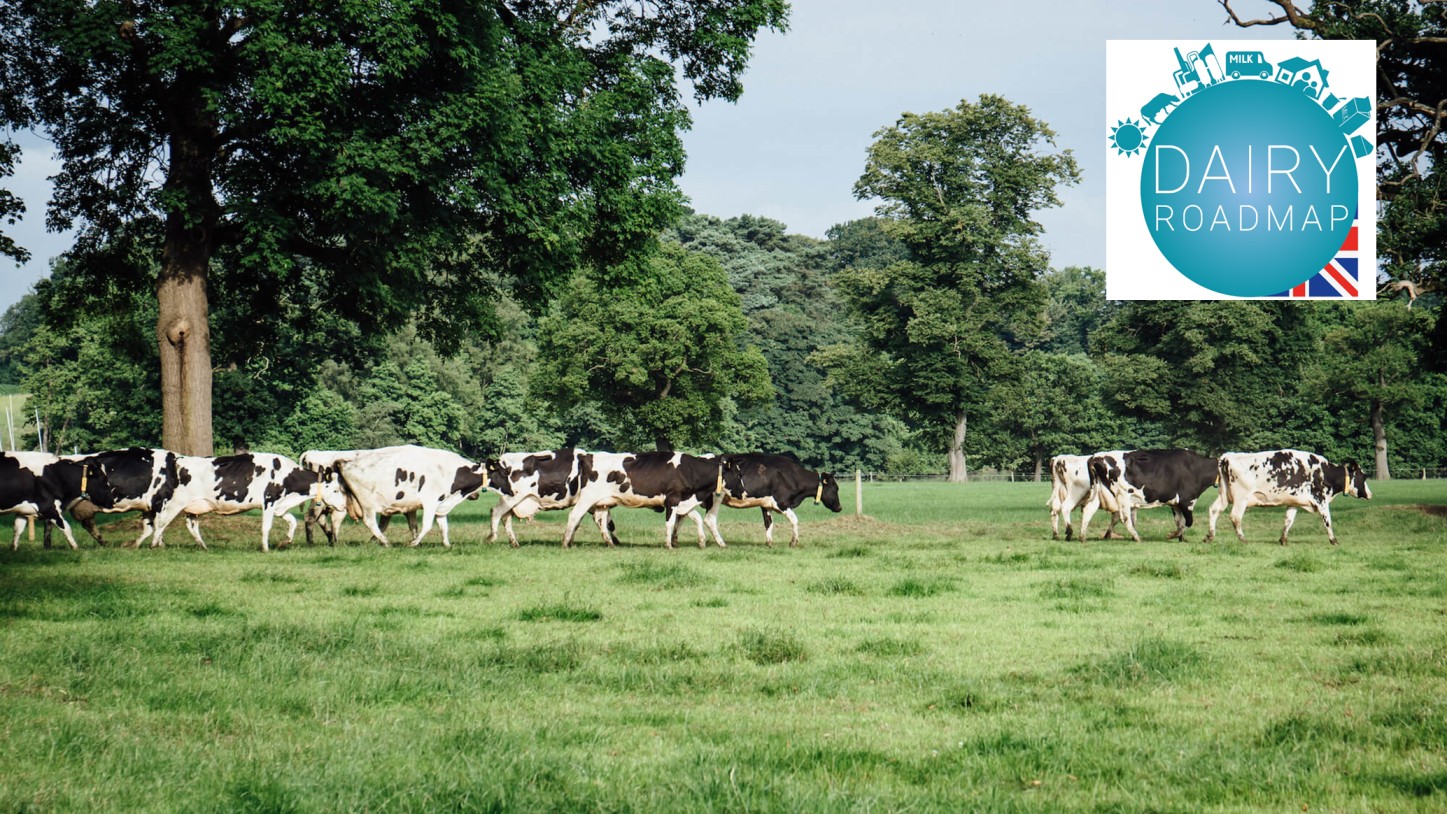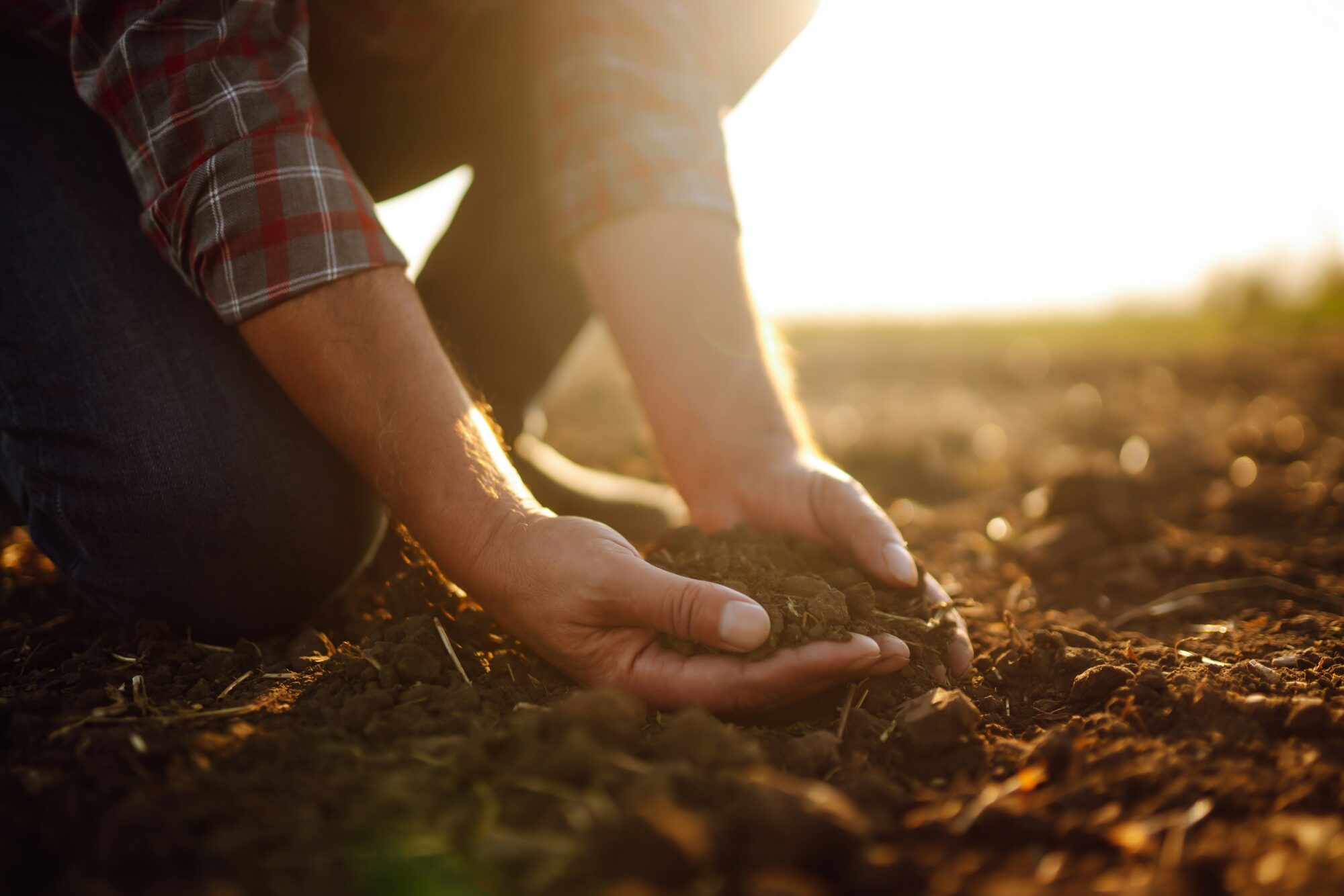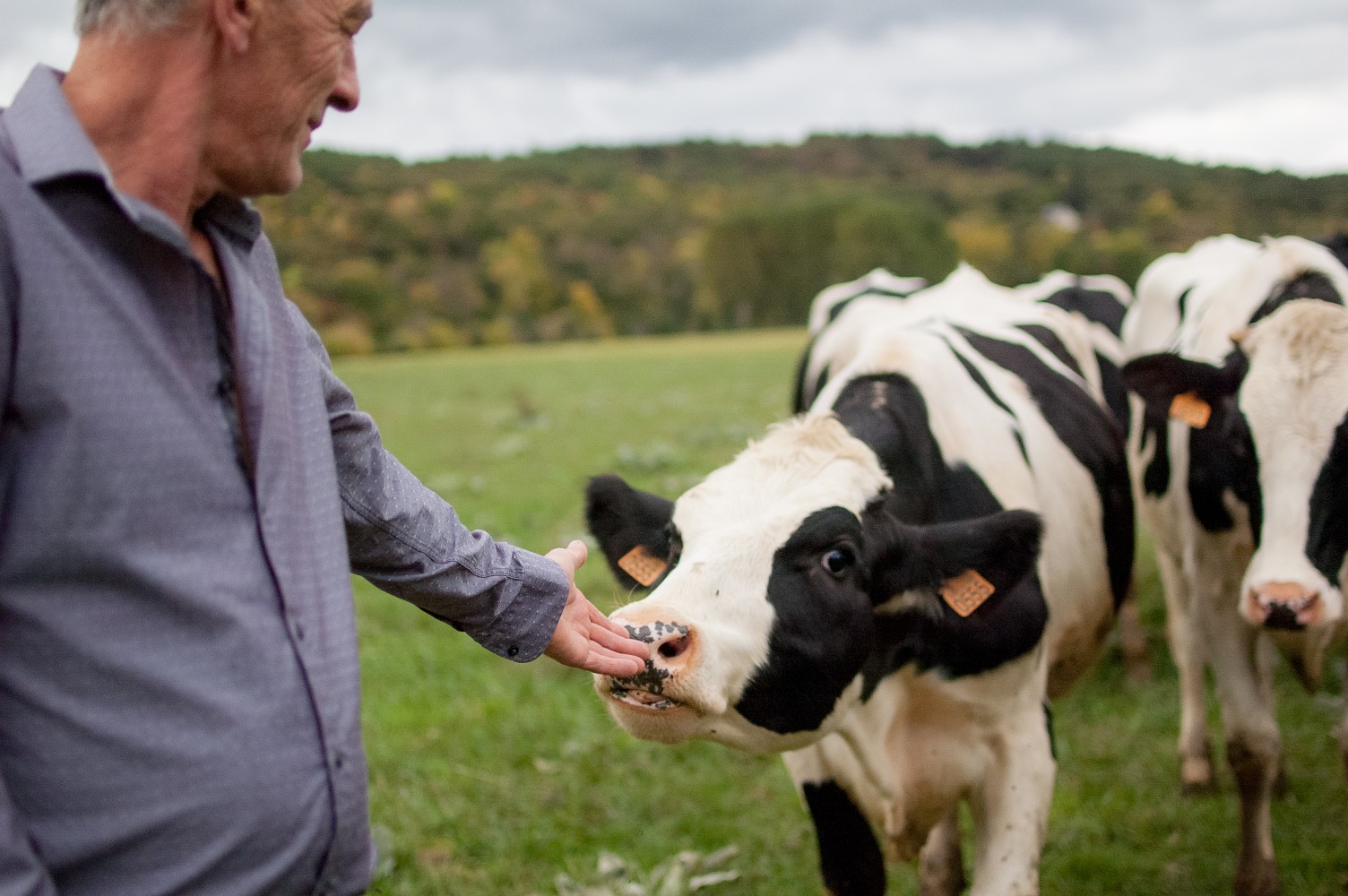The UK Dairy Roadmap, through its Carbon Footprint Working Group, has announced its plans to push dairy sustainability forward with its new project to standardise carbon footprint tools across the industry.
The Carbon Footprint Working Group has reviewed the current carbon calculators available to dairy farmers and is working to create standardisation across the market, ensuring reliability and consistency in reporting for the UK dairy industry. The group plans to standardise emissions reporting, then investigate the calculation of carbon sequestration and its value to the dairy sector.
Currently carbon measuring tools can vary greatly in what they measure and how, which can mean issues in terms of providing consistency. In an industry first, the output from this Working Group will standardise metrics and reporting across tools, resulting in the development of a UK-wide carbon footprint estimate. This will be used to track progress, support discussion with policymakers and provide evidence of the great work being undertaken within the dairy sector to reduce our environmental footprint.
With many dairy farmers now collecting and inputting data into a number of different carbon calculating tools, questions are being raised about what carbon reports mean for farmers, their reliability and how these can be used to support the drive to Net Zero.
The Dairy Roadmap Carbon Footprint Working Group has been set up to support farmers with answers to these questions, and to ensure that the footprint data collected from farms is robust, trustworthy and verifiable.
The Working Group say this work is essential in ensuring that the sector can successfully fulfil its Climate Ambition and its journey to Net Zero and safeguard the future for dairy. Dairy Farmer David Cotton, Chair of the Working Group, commented: “I have been very encouraged by the support we have had from the tool providers and the dairy network to help us bring some consistency to this part of the industry”.
Jonathan Smith from the Farm Carbon Toolkit said: “We are happy to work with this group to assist the dairy sector to better understand their farm carbon footprint and increase the trust in all the tools available. It is in everyone’s long term interests to trust the data and to form a plan to reduce the carbon footprint of the dairy sector”.
David Cotton added: “Whilst many dairy farmers are pressing ahead with carbon footprinting on farm, others have been reluctant to do so, due to the inconsistency of the final reports. We want to change that so that we can trust the data and set ambitious targets for the Dairy Roadmap. All the work so far shows that farms with a low footprint are generally more profitable; having good information and benchmarking across the sector will help in further driving down carbon use and improve profitability in farming”.
Current contributors: Farm Carbon Toolkit, Alltech E-CO2, Trinity AgTech, Intellync, Agrecalc, Cool Farm Tool, Promar and Map of Ag.


